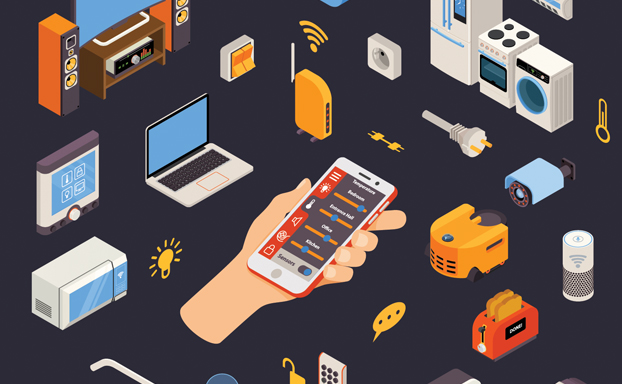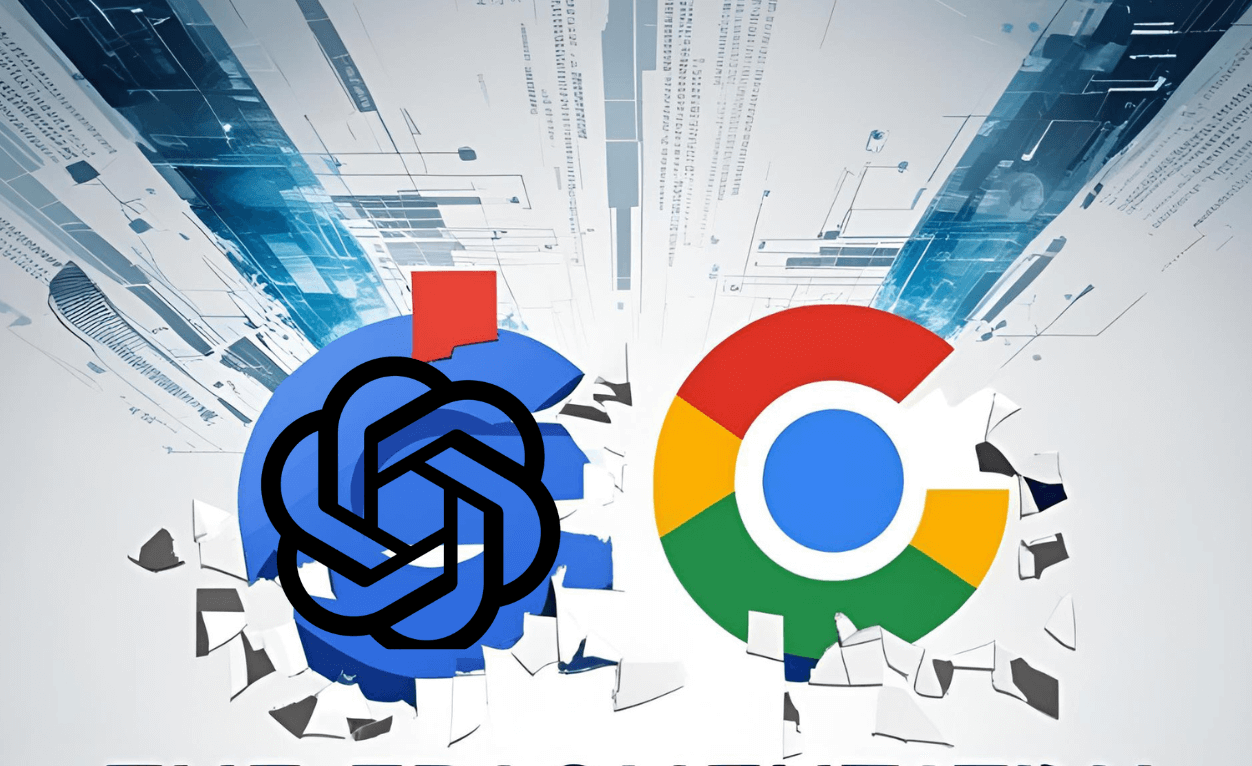Peter Hutto, industry consultant, spoke in January at the RevLocal annual company meeting, and he briefly mentioned the Internet of Things (IoT) and how it will affect the lives of consumers. Hutto’s example involved an appliance that searches for a repairman and asks if you’d like to book a repair when it’s broken or in need of service.
IoT used to feel futuristic and science fictional, but now it’s a part of daily life and conversations. Smart devices are everywhere, and they’re permanently changing the way we live our lives (and the way we search). These technologies are even changing the way we watch TV. Smart TVs and their streaming capabilities are helping us watch less television and view more video on social media.
More importantly for businesses, though, smart assistants and devices are making it easier than ever to make a purchase, and businesses are projected to see more than $7 billion in ROI from IoT alone over the next five years.
So, if smart devices are helping us connect with and purchase from local businesses, what does this mean for small business marketing, and how do we optimize for the ever-changing digital world? And what happens when the devices get so smart that they detect they’re in need of a servicing and tell you they’ve found a nearby repairman? Or when your refrigerator realizes that you’re out of milk and asks if you’d like to order more?
Our clients repair appliances, sell groceries, offer car repair and towing and provide services that will be affected by the growing IoT, so we’ve had to think about how we’ll prepare our clients for an IoT that is nearly self-sufficient.
In the end, it comes down to this. As local marketers, we need to give our clients the best possible chance of showing up in searches in which the machines do the searching and the providing of search results. How do we do that? Go back to basics.
Start With Digital Marketing Basics
Until lately, much of the IoT conversation has been based on long-tail keywords research and how to strategically place those keywords into your website content so that consumers will find you when they’re talking to Cortana, Google or Siri. This is going to need to change.
IoT will naturally have at least some local focus. If your refrigerator wants to restock its milk, it won’t find a grocery store three states over. It’s going to find a close, trusted store that allows it to order milk online.
To optimize for a locally focused IoT, I suggest going back to the basics before you go wild optimizing for trends and new technologies, no matter how important we believe they may become. Make sure your business’s (or your clients’) information is complete, correct and consistent across the web before you attempt to go viral, cater to changing technologies or reach new markets.
Make sure they show up in relevant local search results, create an active social media presence and make sure they’re consistently getting new reviews. And don’t forget to optimize for voice searches and mobile. I know it sounds elementary, but before the machines start searching and scheduling services, we’ll use our phones and smart assistants to search for them. Get the basics down, and take the challenges of IoT as they come.
While we need to keep our clients up-to-date on the latest trends, we also need to make sure they have a stellar digital marketing foundation. We can build from there, but never discount a strong foundation. It’s what keeps the (smart) house standing.




One Response
The Internet of things, including such things as your refrigerator, thermostat, or light controls, to brought about certain thoughts within the search marketing community about voice search and how we can leverage that in order to create content and drive traffic.
I certainly would have to think more about what I want to consider the Internet of things and how that could play into a marketing strategy.
Hopefully, advertisements won’t start showing up on a refrigerator or act as a pop up every time I want to change the temperature in my thermostat, so in my professional opinion, we need to be more focused on creating content and optimizing it for phrases that are more in line with voice search.
I don’t know how effective that will be in the future though considering Google is implementing more AI into the search results which are working hard to decipher term searches and show similar results for exact match terms versus similar like conversational search queries.